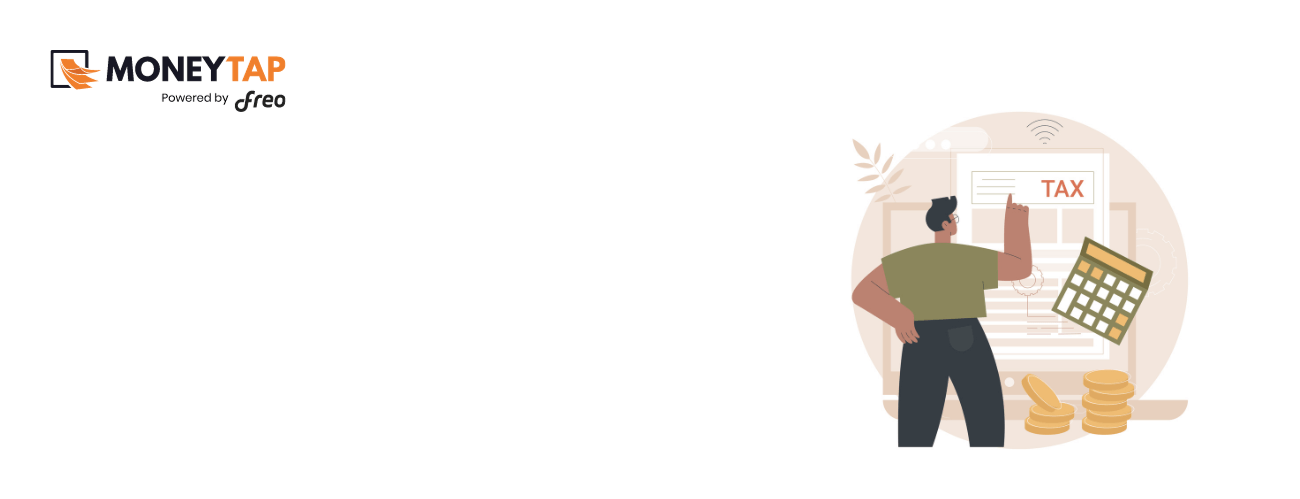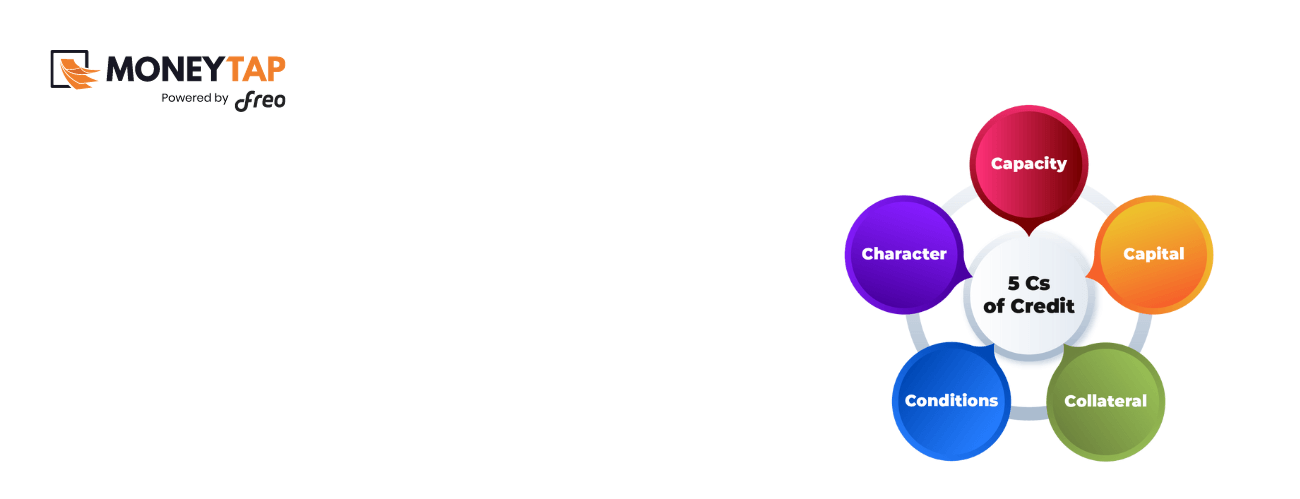Topic
- Around India with MoneyTap 1
- Consumer Durable 1
- Credit Cards 32
- Credit Score 27
- Finance 33
- General 52
- Know MoneyTap Better 26
- MoneyTap 50
- MoneyTap in Daily Life 38
- Personal Loan 86
- Shopping on EMI 4
- Wedding Loan 1
If you are hearing this phrase for the second time, that is probably because the first appeared in your credit statement, and you are now wondering what it means.
Let us help you.
A credit card charge-off, as per technical definition, is a situation when the creditors or the credit card company no longer considers the debt to be an asset, even if the debt is owed by the individual. A lot of people may get confused with the term charged off, with many thinking they do not owe the credit company any payment, which is unfortunately, not true.
Missing Out on Your Credit Card Bills
Ideally, your credit card documents will require you to make a minimum payment as per your due dates, at the end of every month. Sometimes, due to unforeseen reasons, you could get late in paying the due amount, therefore, you can pay anytime between your due date and 29 days past the due date. However, there is still a chance of late fee charges being slapped on your notice at the time of payment.
If you still defy payments as per the norms and miss on the due dates again, a notice is placed on your credit report, if you are 30 days late. Consecutive 30 days notices will be placed on your credit report with every failure of payment. Every 30 days a new late notice is placed on your credit report. But once you cross the 6-month mark of lack of payment, your account will be charged off. This can also happen if your payment is below the minimum amount due to the credit company. You will have to make the entire payment if you wish to avoid a charge off.
Charge-off vs Write off
If your debt becomes charged off, that does not mean it is paid off! Charged-Off is often mistaken for the term ‘Written-Off’, leading people to believe the creditor has written off their balance and they no longer need to pay debts, which is not how it works. The company writes off your debt as a loss for its own accounting purposes, but it still can hold rights to pursue collection of the past-due amount from the individual at any given time.
How Will a Charge-Off Affect Your Credit Report?
A charge-off does not look good for your credit report. A charge-off is issued due to nonpayment of dues, and your credit report will show all your late payments, minimum payments and the charge-off too. Negative information such as these lead to a lower credit score, which is bad in case you want to apply for new credit. You might also be charged a higher premium on insurance policies and may even be denied credit.
What is The Lifespan of a Credit Card Charge Off on Your Credit Report?
Charge offs can stay in your credit report for the same duration as late payments, for over 7 years. To be precise, charge offs will remain for 7 years from the date of the last scheduled payment before the account went delinquent. The time will not start over again if the debt is sold off to a collection agency or debt buyer. After the seven years, the credit charge off will automatically be removed from your credit report.
What do You do if You Have a Charge-Off?
The ideal thing to do for good credit history is to pay the balance of your charged-off debt in full as soon as possible. Once you pay the amount, your credit report will show ‘Paid Charge-Off’. It will not remove the charge-off from your credit report, but it will show you are trying to maintain good credit and resolving the payment issue.
The best way to deal with a charge off is to pay off the amount soon. If you cannot pay the debt in full, create a budget to sort your finances together and improve your credit score.











 Get it on playstore
Get it on playstore Get it on appstore
Get it on appstore